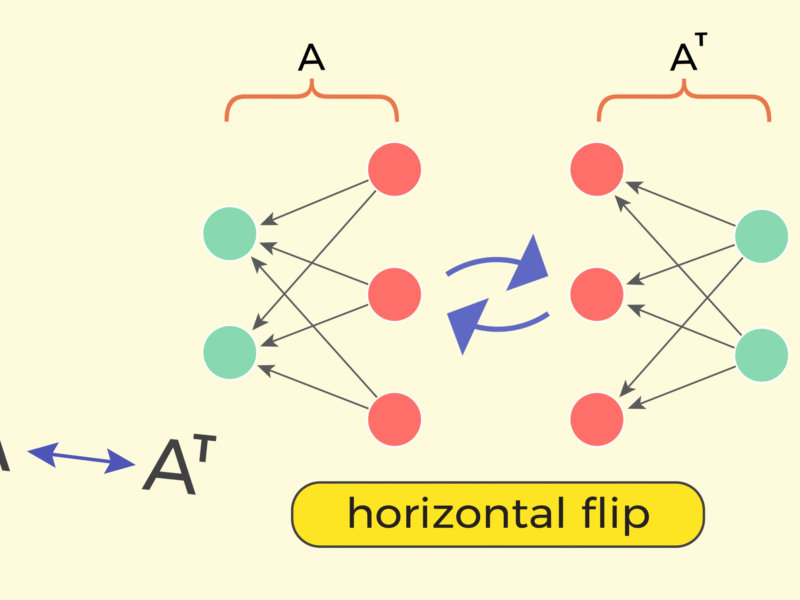A Common Sense Media study, conducted in April and May 2025 with 1,060 teens, found that 72% of U.S. teens (ages 13-17) have used AI companions, defined as chatbots for personal conversations. This research provides insight into how young individuals engage with artificial intelligence designed for simulated human interaction.
The study specifically focused on AI chatbots intended for personal conversational use. It excluded AI assistants primarily utilized for academic assistance, image generation, or simple question-answering functions. Examples of AI companions within the study’s scope include digital personas from platforms such as Character.AI or Replika, as well as general-purpose chatbots like ChatGPT or Claude when employed for personal dialogue.
The appeal of interacting with AI companions among U.S. teens is evident, with nearly three-quarters having reported at least one instance of usage. Beyond initial trial, 52% of these teens identified as regular users of AI companions. Among this group of regular users, 13% reported daily engagement with AI companions, while 21% indicated chatting with them a few times per week.
Demographic analysis revealed a slight difference in usage patterns between genders. Among the 25% of teens who stated they had never used an AI companion, boys represented a larger proportion at 31%, compared to girls at 25%. The findings are based on a representative sample of 1,060 teens, with research conducted by NORC at the University of Chicago.
The study also investigated the specific activities and motivations behind teens’ use of AI companions, along with observed after-effects. Nearly half of the surveyed teens, 46%, perceived AI companions primarily as tools or programs. Conversely, 33% reported using these companions for social interaction and relationship purposes. Teens cited various reasons for their engagement:
- Entertainment: 30%
- Curiosity about AI technology: 28%
- Advice: 18%
- Availability: 17%
Regarding the trustworthiness of information, 50% of teens expressed distrust in the advice provided by AI companions. This distrust varied by age group, with older teens (ages 15-17) being less likely to trust AI advice (20%) compared to younger teens (ages 13-14) (27%).
41% of Gen Z workers are sabotaging their employer’s AI plans
In terms of conversational satisfaction, one-third of teens stated they found interactions with AI more satisfying than those with real-life friends. However, the majority, 67%, held the opposite view, finding real-life conversations more satisfying. A significant proportion, 39%, utilized AI conversations as a means of practicing for real-life interactions. Correspondingly, 39% indicated having applied skills developed through AI interactions to real-world situations. Among these applied skills, social skills were the most frequently cited use case, accounting for 39% of instances. Other skills practiced included conversation starters (18%), giving advice (14%), and expressing emotions (13%).
The study also addressed concerns about AI potentially replacing human relationships. A positive finding indicated that 80% of teens who use AI companions reported spending more time with their real friends than with AI chatbots. Only 6% stated the reverse was true, suggesting that for the majority, AI companionship supplements rather than supplants human social interaction.

